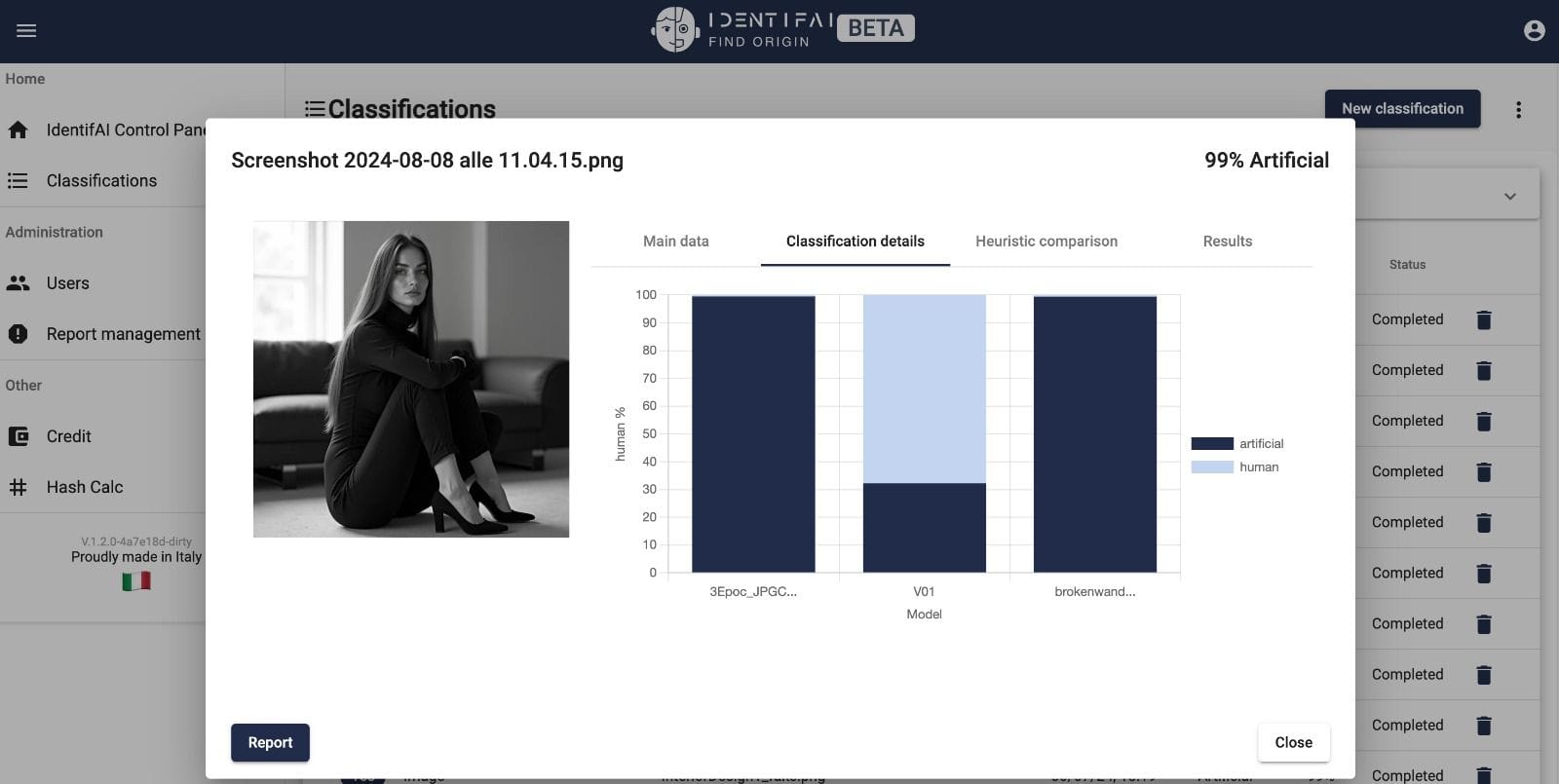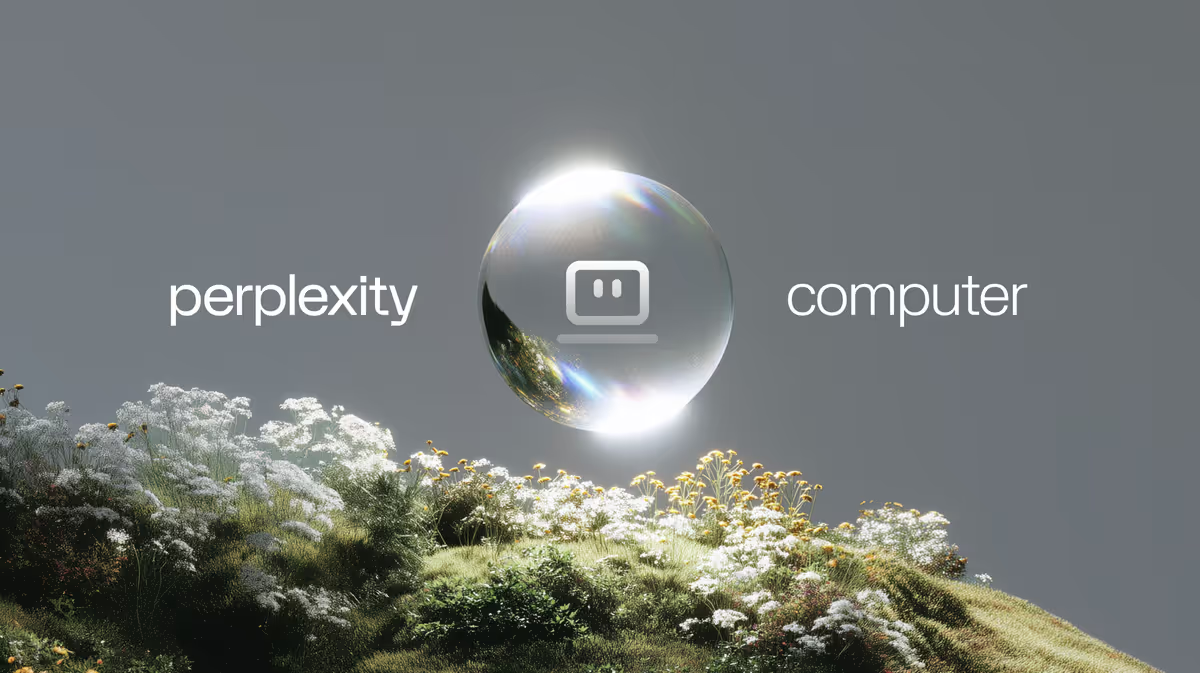IdentifAI, a startup based in Milan developing and training generative AI models that can reliably identify whether a given artifact (video, image, audio, or text) was created using generative AI technologies, recently announced it has raised a €2.2 million seed funding round led by United Ventures, with the participation of Edoardo Alessandri of Wellness Holding, Matteo Fago, co-founder of Venere.com (now Expedia), and Umberto Paolucci of UP Invest as business angels.
With its technology, IdentifAI aims to promote a fair and transparent ecosystem in which anyone can clearly distinguish AI-generated content from that created by humans. Being able to tell artificially generated artifacts from human-crafted ones not only contributes to preserving the integrity of human expression but can also be a matter of security and trustworthiness, especially in areas such as politics, finance, and media. We are already seeing the harmful impact of AI-generated content on global elections and how generative AI has accelerated the unconsented generation of (sometimes explicit) content featuring public figures.
On the other hand, even if there is no malicious purpose behind a generated artifact, it seems that audiences should be informed about the origin of the content they are consuming, especially since the technology keeps improving, making it increasingly difficult to tell whether a piece of content was generated or manipulated using AI. Synthetic watermarking is slowly gaining traction as a plausible solution to identify some cases of AI-generated content. However, as IdentifAI points out, there may be no silver bullet to resolve these issues. As IdentifAI continues working on negotiations and preliminary agreements with industry-leading organizations, the startup offers a free trial of its product beta (web UI and API) on its website.







Comments